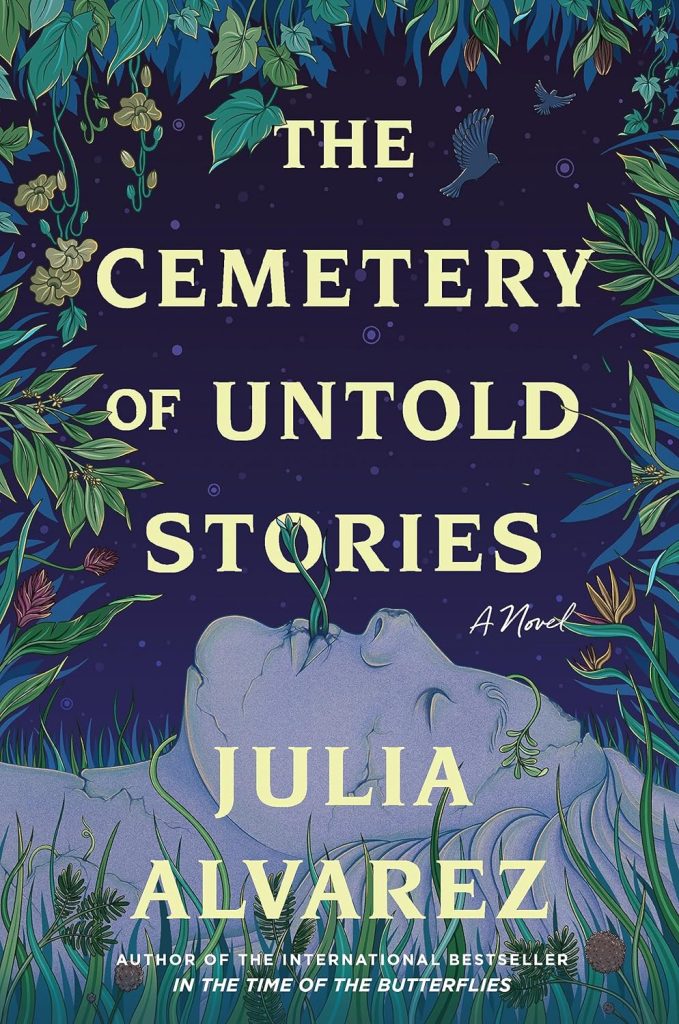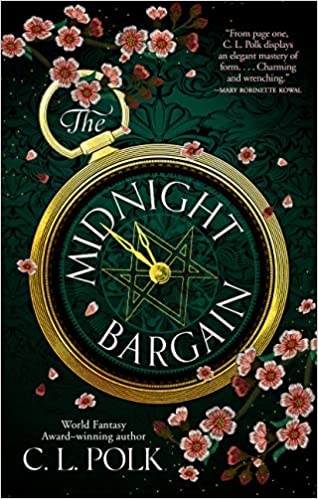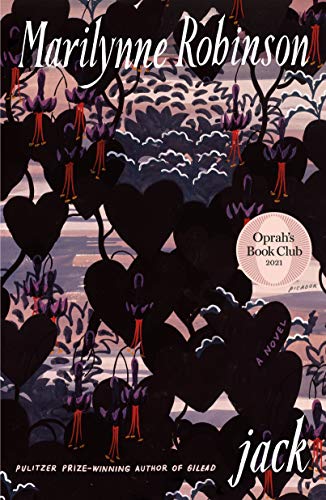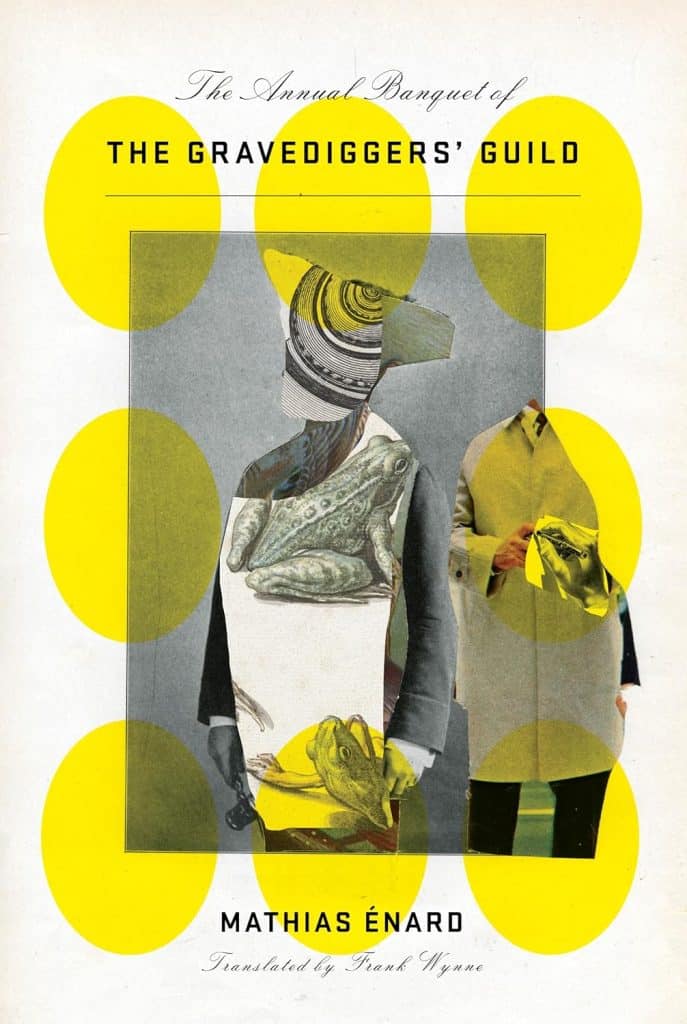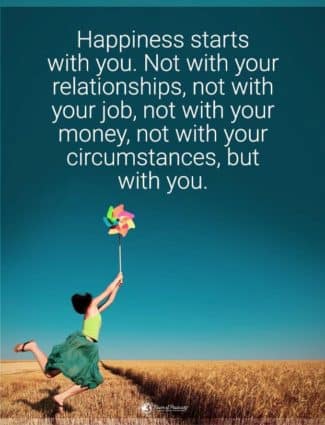
Happiness Starts With Me!
Estimated reading time: 1 minute, 16 seconds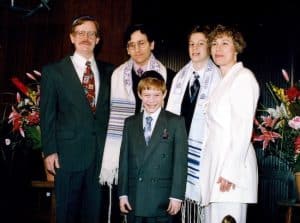 One day at a time, I am sporadically experiencing happiness anew.
One day at a time, I am sporadically experiencing happiness anew.
My pilgrimage has been slow but steady.
As many of my widow friends have commenced dating or re-partnering, the question of why I am not pursuing that option intensifies.
I do not contemplate either option as a solution to the loss of my loved one.
Life’s lessons have trained me to understand that happiness begins with me!
Happiness starts with you. Not with your relationships, not with your job, not with your money, not with your circumstances, but with you.
Before meeting Jan, I focused on my well-being, not on replacing my imaginary girlfriend.
Had I met Jan before learning to live alone and still be upbeat, we might not have fallen in love.
Having mastered the activities of daily living alone, journaling about Jan, reading, and walking, I have achieved contentment but not happiness.
But as Sigrid Nunez writes in The Friend: A Novel,
You can’t hurry, love, as the song goes. You can’t hurry, grief, either.
Jan’s love is still with me, and she guides me thru the whitewater of my grief journey.
The Jan Lilien Education Fund sponsors ongoing sustainability and environmental awareness programs. Gifts made this month; I will match dollar-for-dollar. All donations are tax-deductible.
I receive a commission when you buy a book or product using a link on this page. Thank you for supporting Sharing Jan’s Love blog.


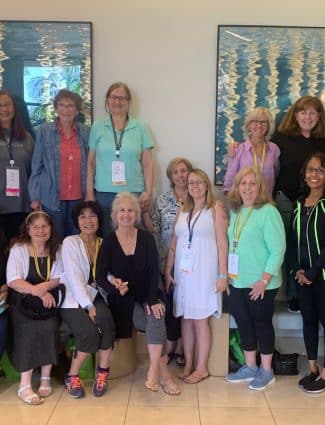
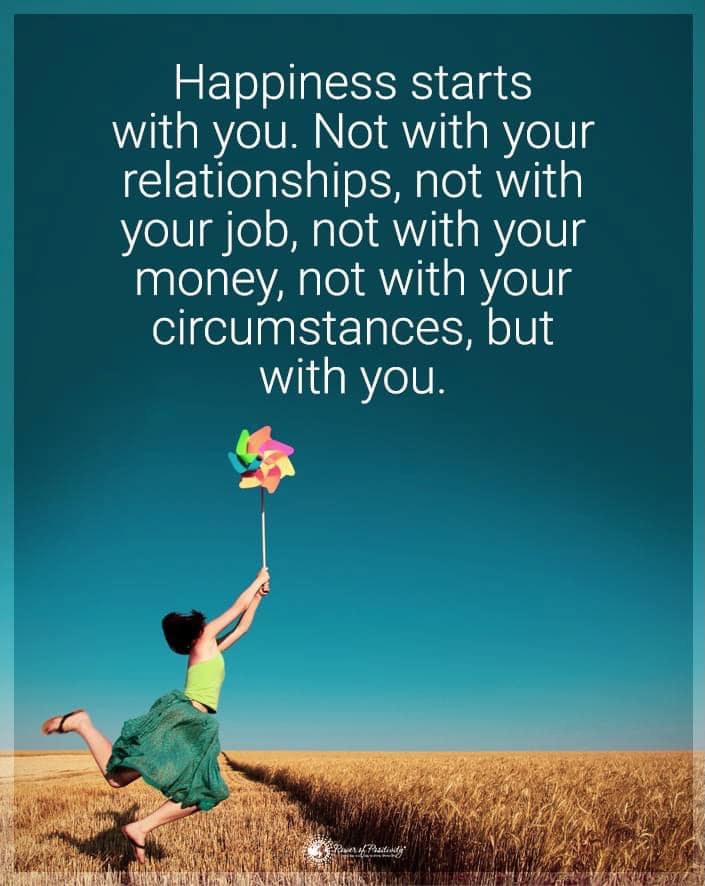
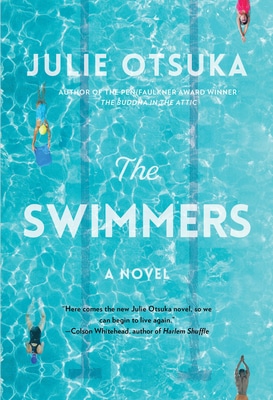
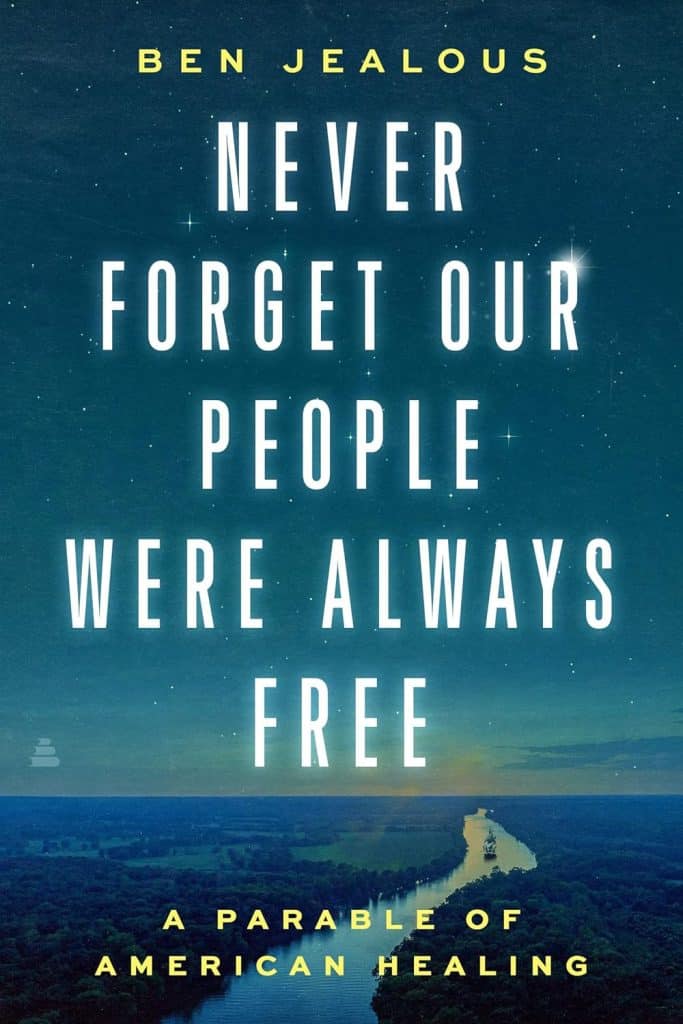
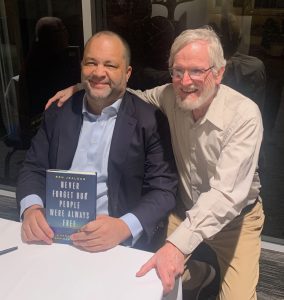
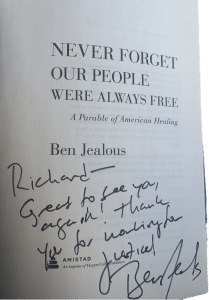 The book Never Forget Our People Were Always Free is told through parables. It features intimate glimpses of political and
The book Never Forget Our People Were Always Free is told through parables. It features intimate glimpses of political and 